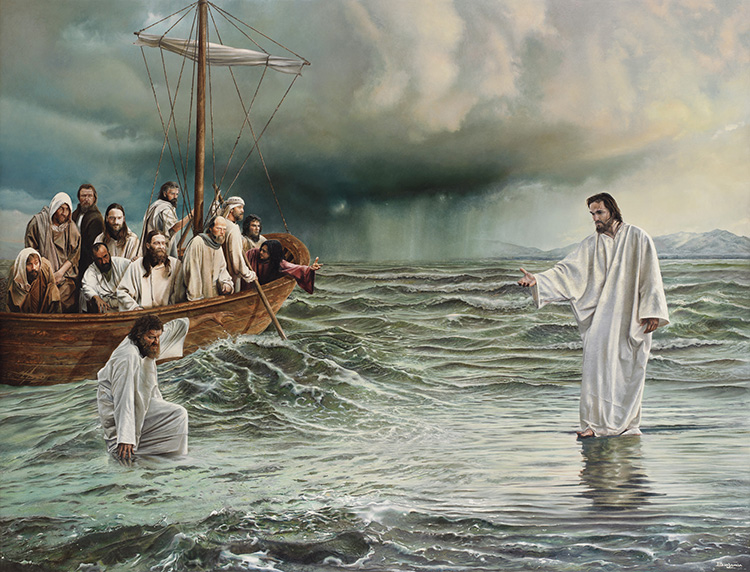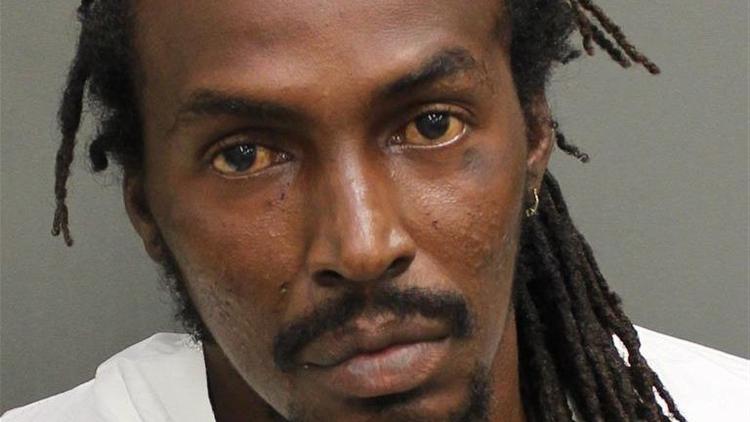He admits, himself, that the book which he authenticates as being written “by the hand of Matthew“; a book which, notwithstanding that
Page 183
he translated it twice, was nearly unintelligible to him, for it was arcane or a secret. Nevertheless, Jerome coolly sets down every commentary upon it, except his own, as heretical. More than that, Jerome knew that this original Gospel of Matthew was the expounder of the only true doctrine of Christ; and that it was the work of an evangelist who had been the friend and companion of Jesus. He knew that if of the two Gospels, the Hebrew in question and the Greek belonging to our present Scripture, one was spurious, hence heretical, it was not that of the Nazarenes; and yet, knowing all this, Jerome becomes more zealous than ever in his persecutions of the “Haeretics.” Why? Because to accept it was equivalent to reading the death-sentence of the established Church. The Gospel according to the Hebrews was but too well known to have been the only one accepted for four centuries by the Jewish Christians, the Nazarenes and the Ebionites. And neither of the latter accepted the divinity of Christ.
If the commentaries of Jerome on the Prophets, his famous Vulgate, and numerous polemical treatises are all as trustworthy as this version of the Gospel according to Matthew, then we have a divine revelation indeed.
Why wonder at the unfathomable mysteries of the Christian religion, since it is perfectly human? Have we not a letter written by one of the most respected Fathers of the Church to this same Jerome, which shows better than whole volumes their traditionary policy? This is what Saint Gregory of Nazianzen wrote to his friend and confidant Saint Jerome: “Nothing can impose better on a people than verbiage; the less they understand the more they admire. Our fathers and doctors have often said, not what they thought, but what circumstances and necessity forced them to.”
But to return to our Sophia-Achamoth and the belief of the genuine, primitive Christians.
After having produced Ilda-Baoth, Ilda from , a child, and Baoth from , the egg, or , Baoth, a waste, a desolation, Sophia-Achamoth suffered so much from the contact with matter, that after extraordinary struggles she escapes at last out of the muddy chaos. Although unacquainted with the pleroma, the region of her mother, she reached the middle space and succeeded in shaking off the material parts which have stuck to her spiritual nature; after which she immediately built a strong barrier between the world of intelligences (spirits) and the world of matter. Ilda-Baoth, is thus the “son of darkness,” the creator of our sinful world (the physical portion of it). He follows the example of Bythos and produces from himself six stellar spirits (sons). They are all in his own image, and reflections one of the other, which become darker
Page 184
as they successively recede from their father. With the latter, they all inhabit seven regions disposed like a ladder, beginning under the middle space, the region of their mother, Sophia-Achamoth, and ending with our earth, the seventh region. Thus they are the genii of the seven planetary spheres of which the lowest is the region of our earth (the sphere which surrounds it, our aether). The respective names of these genii of the spheres are Iove (Jehovah), Sabaoth, Adonai, Eloi, Ouraios, Astaphaios.The first four, as every one knows, are the mystic names of the Jewish “Lord God,” he being, as C. W. King expresses it, “thus degraded by the Ophites into the appellations of the subordinates of the Creator; the two last names are those of the genii of fire and water.”
Ilda-Baoth, whom several sects regarded as the God of Moses, was not a pure spirit; he was ambitious and proud, and rejecting the spiritual light of the middle space offered him by his mother Sophia-Achamoth, he set himself to create a world of his own. Aided by his sons, the six planetary genii, he fabricated man, but this one proved a failure. It was a monster; soulless, ignorant, and crawling on all fours on the ground like a material beast. Ilda-Baoth was forced to implore the help of his spiritual mother. She communicated to him a ray of her divine light, and so animated man and endowed him with a soul. And now began the animosity of Ilda-Baoth toward his own creature. Following the impulse of the divine light, man soared higher and higher in his aspirations; very soon he began presenting not the image of his Creator Ilda-Baoth but rather that of the Supreme Being, the “primitive man,” Ennoia. Then the Derniurgus was filled with rage and envy; and fixing his jealous eye on the abyss of matter, his looks envenomed with passion were suddenly reflected in it as in a mirror; the reflection became animate, and there arose out of the abyss Satan, serpent, Ophiomorphos — “the embodiment of envy and of cunning. He is the union of all that is most base in matter, with the hate, envy, and craft of a spiritual intelligence.”

Moe is the founder of GnosticWarrior.com. He is a father, husband, author, martial arts black belt, and an expert in Gnosticism, the occult, and esotericism.




